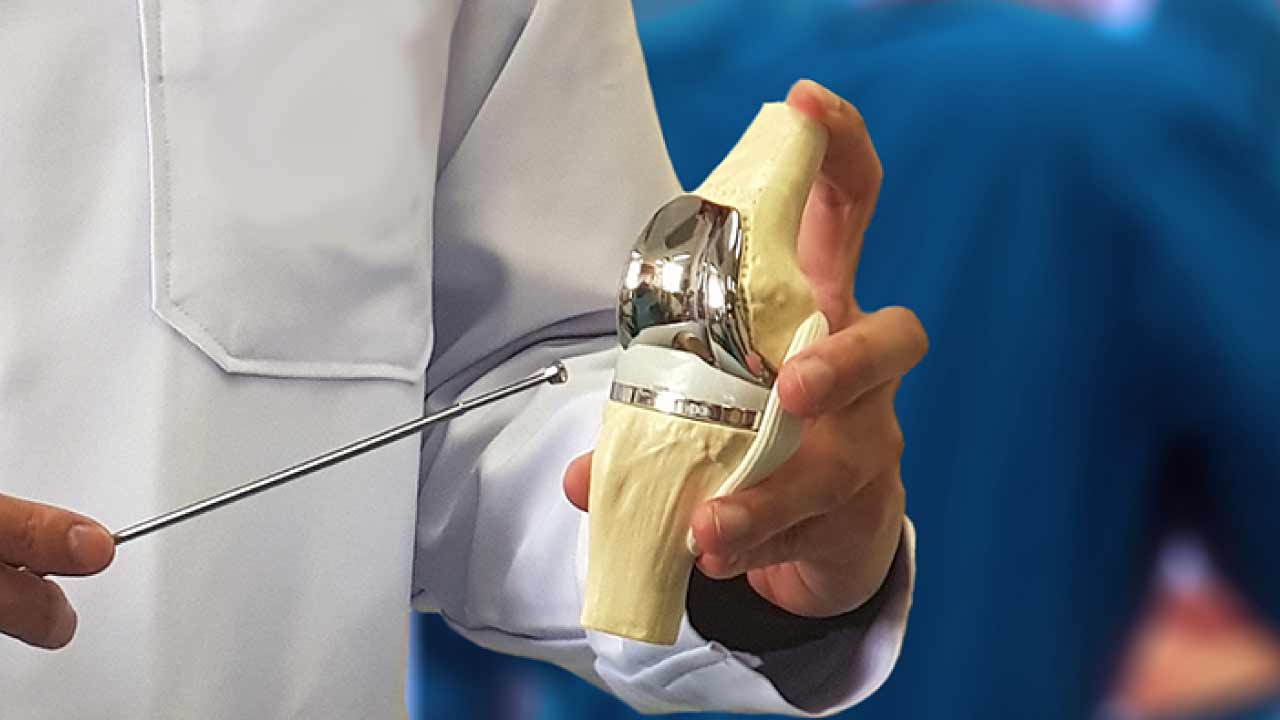All about Total knee Replacement
Nowadays, knee pain is quite common and even more surprisingly it is found even among young adults. According to recent studies, it has been found that the reason for knee pain in young adults is often associated with overuse. There are plenty of treatment methods that you can choose to relieve your knee pain and knee replacement is the most common among them.
So, it’s important to be aware of what knee replacement is, and we have come up with information regarding knee replacement.
Knee replacement is a procedure of replacing the damaged knee joint with an artificial joint, with the help of a prosthesis. The prosthesis is a device that has been designed to support a missing part of the body and help them work better. This helps in relieving your pain and restoring movements.
Let’s know what are the indications for undergoing knee replacement surgery.
Signs that you are in need of knee replacement surgery :
- Severe pain and stiffness that limits your daily activities.
- Individuals dependent on a cane or walker
- Chronic inflammation and swelling in the knee.
- Any knee deformities.
- Failure to respond to medications, injections, and physiotherapy.
What are the different types of knee replacement surgery?
There are two main types:
- Total knee replacement- the entire joint is replaced with artificial surfaces
- Partial knee replacement- only one damaged compartment of the knee is replaced
Types of knee replacement approaches
Traditional surgery- It involves cutting into the quadriceps tendon in order to turn the kneecap over and expose the arthritic joint.
Minimally invasive surgery- A minimally invasive surgery reduces trauma to tissue, lessens pain, and decreases blood loss, consequently speeding recovery.
Life After Knee Replacement: What To Expect
- After knee replacement surgery, the first few weeks are critical for healing so you will be on crutches or a walker.
- You’ll also need to keep your leg elevated as much as possible and do a range of motion exercises to prevent stiffness.
- You might feel mild pain for a few days, but it will heal soon. Please consult your doctor if you are continuously suffering from pain and stiffness.
- After about 4-6 weeks, you should be able to start putting weight on your new knee and resume normal activities like driving and moderate exercise. It will take several months to recover, but healing depends on each individual.
What percentage of knee replacements are successful?
Percentage of knee replacements that are successful ranges from around 80-90%. However, the success rate can vary depending on several factors, such as the age and health of the patient, preoperative conditions, surgical technique, and rehabilitation.
You can enjoy everyday activities in due course of time, and with the newfound increased mobility, knee replacement improves the overall quality of life.
So, if you are suffering from arthritis or knee pain, consult regarding knee replacement surgery to enjoy your life to the fullest.








